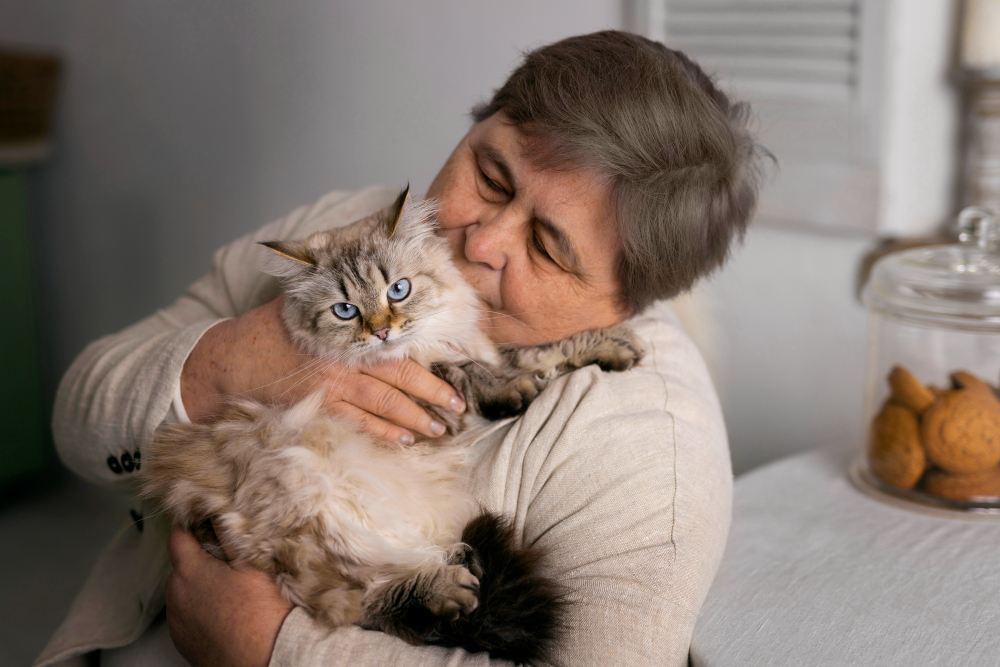
According to a new review of 17 studies conducted by researchers from the University of Queensland in Australia, having a cat could double the risk of schizophrenia.
+ Who is smarter, dogs or cats? Science answers
+ Affection aids in the diagnosis of tumors in dogs and cats; understand
The team conducted a meta-analysis of existing research from 11 countries published over the past 44 years. They found that individuals exposed to cats before the age of 25 were about twice as likely to develop schizophrenia.
A U.S. study included in the review, based on 354 students, found no association between cat ownership and scores on a “schizotypy scale.”
A schizotypy scale is a questionnaire that measures characteristics of unusual and disorganized thinking patterns and is used to help diagnose schizophrenia.
However, when comparing those who were bitten by a cat with those who were not bitten, the bitten subgroup had higher scores on the schizotypy scale.
In the article, the scientists claim that the connection is likely due to a parasite found in pet cats called Toxoplasma gondii, also known as T. gondii, which can enter the body through a bite.
They suggest that the parasite can enter the central nervous system and affect brain neurotransmitters, leading to personality changes, psychotic symptoms, and psychiatric disorders such as schizophrenia.
The cause of schizophrenia is not fully understood and is believed to be a mix of genetics, abnormalities in brain chemistry, and/or possible viral infections and immune disorders.
On social media, other researchers criticized the review, stating that it did not adequately account for other potentially contributing factors, such as social and economic context and family history.
For example, a British study revealed that exposure to cats during childhood, between the ages of four and 10, was associated with greater psychotic experiences at age 13. However, the results did not persist after adjusting for possible confounding variables.
“15 of the 17 [included studies] are notorious case-control studies for spurious associations,” wrote Dr. Sanil Rege, a psychiatrist from Melbourne, Australia, on his Twitter profile.

